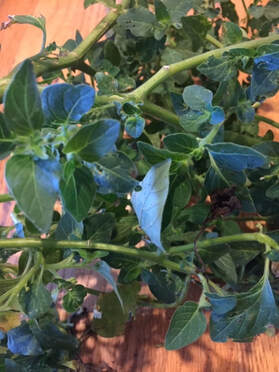 Ashwaganda is one of the most popular and widely used Ayurvedic herb (Ayurveda is traditional Indian medicine and has been around for thousands of years). It is known as Indian Ginseng and has similar benefits as Chinese Ginseng: boosting vitality, supporting the immune system, manages stress, and has numerous anti-aging properties. It is one of the best longevity herbs out there and works by supporting and protecting our body system/organs. We used Ashwaganda often when I interned at an Ayurveda clinic in Tustin, CA. We made capsules with the powder and the director of the clinic prescribed Ashwaganda often for elderly people as it helps boost up vitality, energy, and endurance. It’s a great herb for athletes as well. There are many nicknames for Ashwaganda, one of them being, “the smell of a thousand horses”. The fresh plant is supposed to smell like the sweat of horses. Although I don’t think it smells like sweat, this nickname gives a clue at its usefulness: it’ll make you as strong as a thousand horses! Ashwaganda is a lovely plant that appears every year at the homestead. It blooms little star shaped white flowers that ultimately ends with an orange berry. The root is where the health properties are, and you can use the first or second year root in your brews. I harvested the fresh leaves and shredded them in a small amount of water. As you can see, it makes a swell green and I did not need a lot of leaves to make this color. I did a similar process with fresh passion leaves but had to go through a lot of plant material to get a visible green.
1 Comment
A vigorous patch of amaranth in the garden. Butterflies, birds, and beneficial insects love it!
|
My adventures navigating through the world of art, inspiration, and nature.
|
Copyright 2018 Christina Chan. All rights reserved.
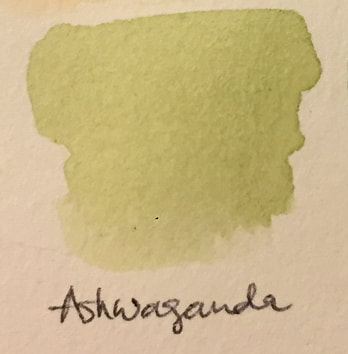
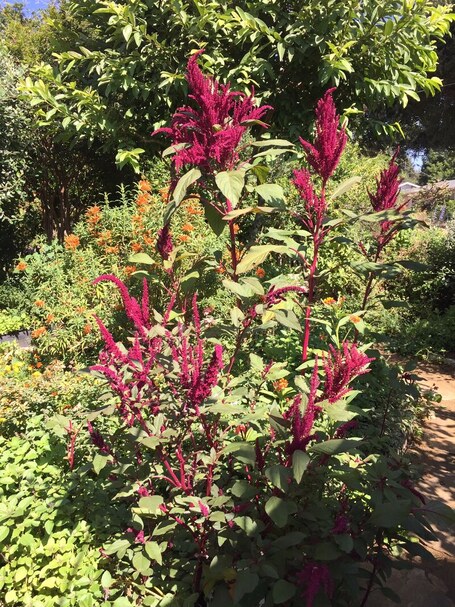
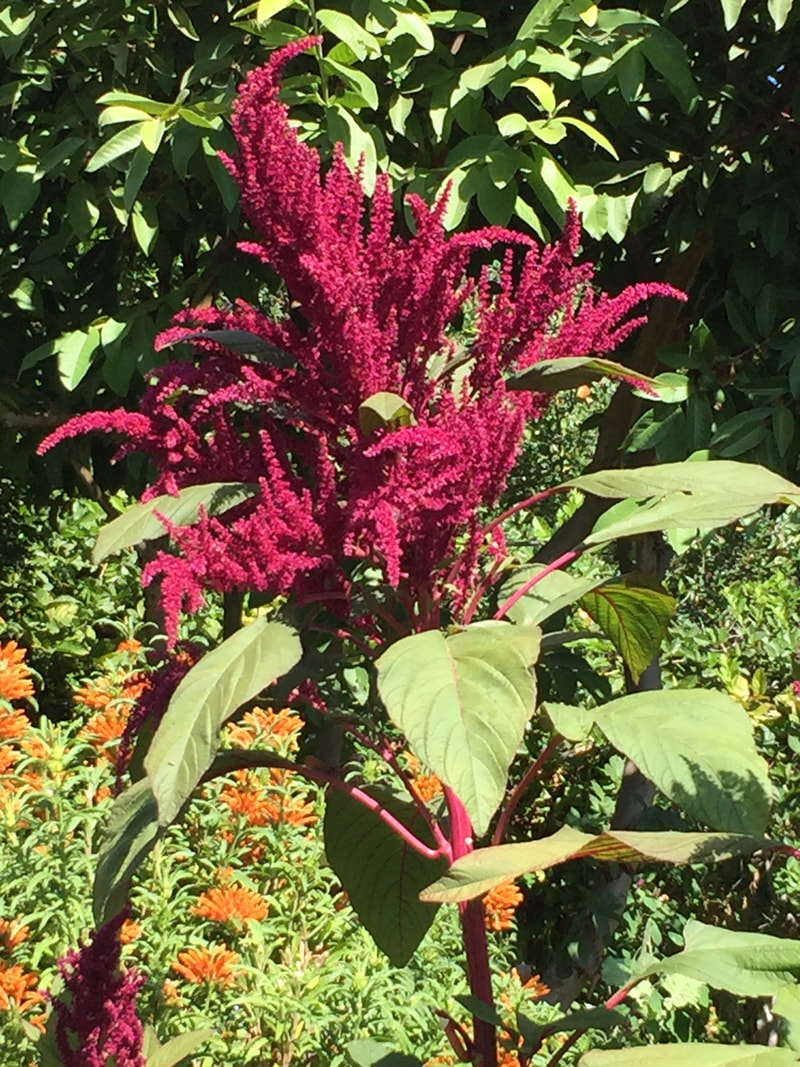
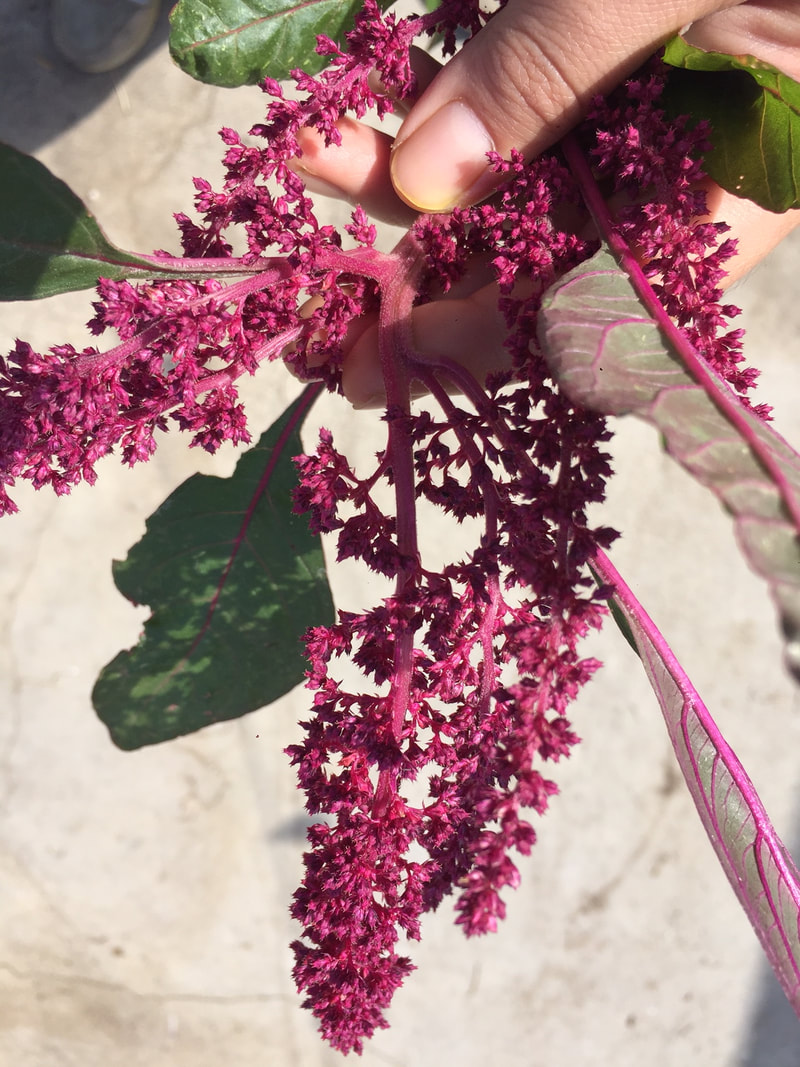
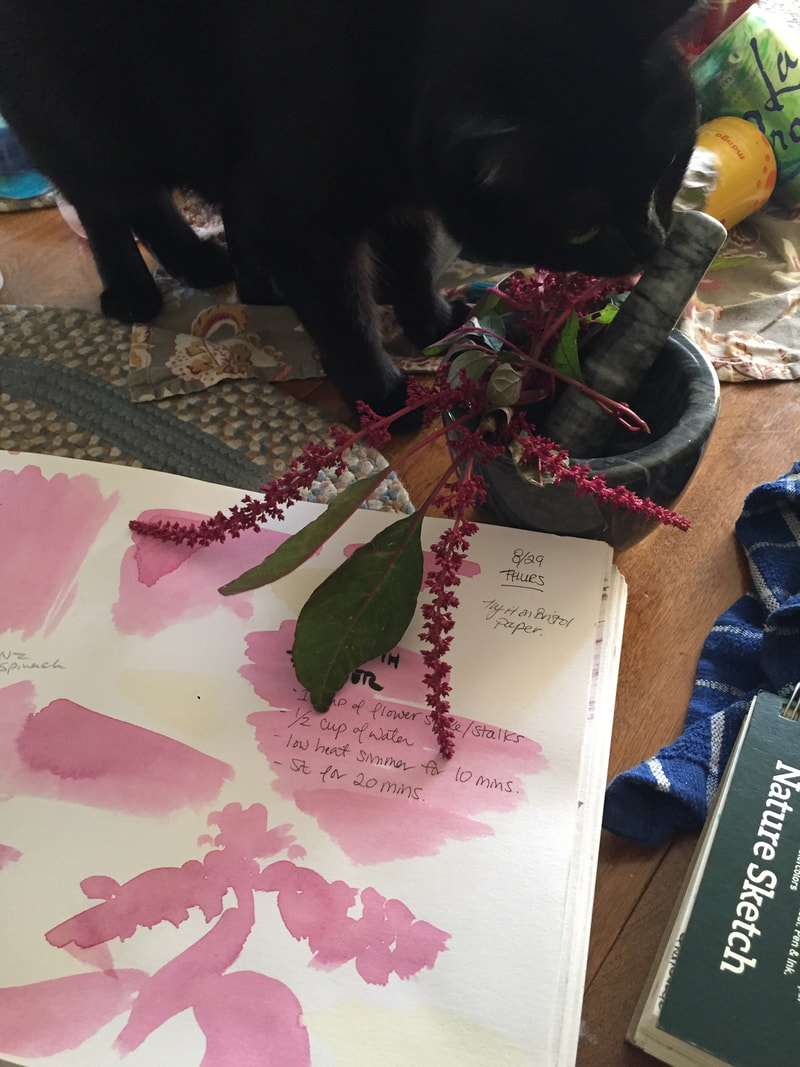
 RSS Feed
RSS Feed